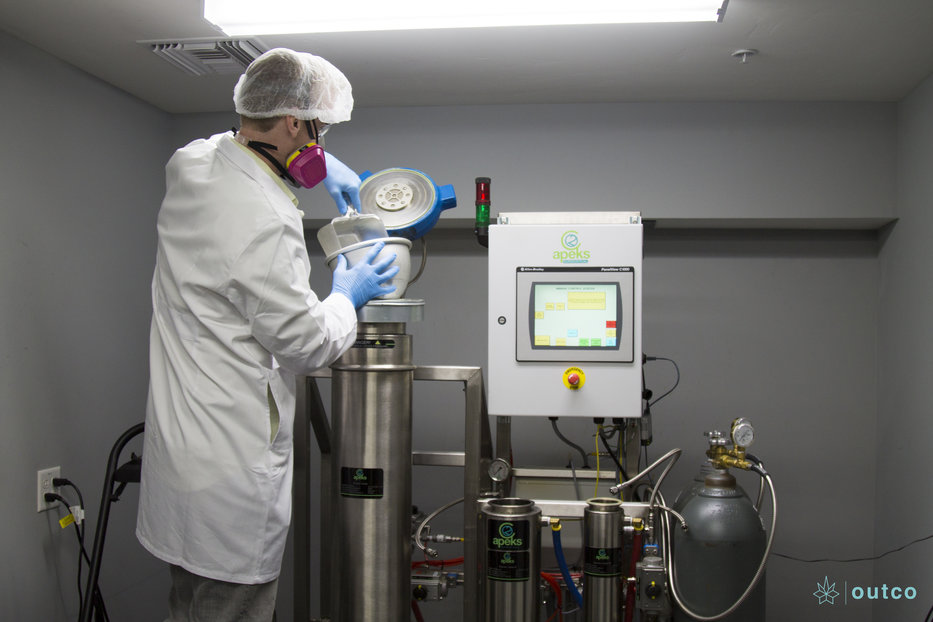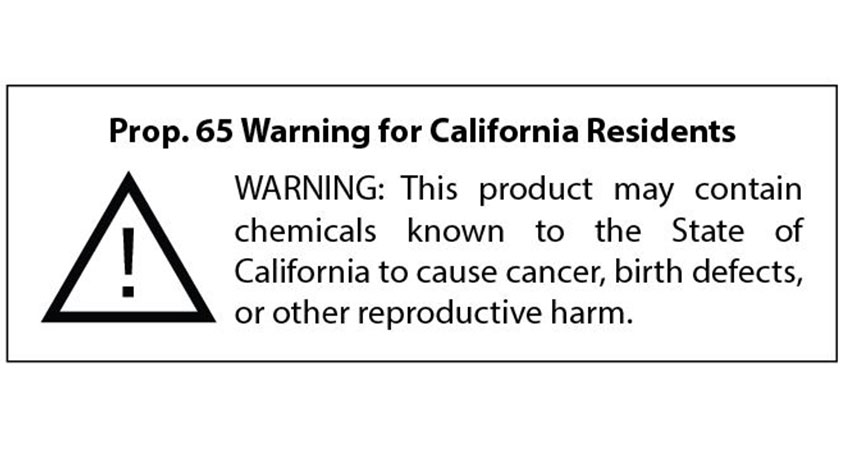

A Track-n-Trace Nightmare: In this piece, Millard takes the reader step-by-step through a d9-THC remediation process, highlighting the need for a robust track-n-trace program for “hemp extracts.”

A Track-n-Trace Nightmare: In this piece, Millard takes the reader step-by-step through a d9-THC remediation process, highlighting the need for a robust track-n-trace program for “hemp extracts.”

On January 15, 2021, the USDA published its final rule on US hemp production. Producers will not be required to use a DEA reverse distributor or law enforcement to dispose of non-compliant plants. Instead, producers will be able to use common on-farm practices for disposal.

A large group of cannabis organizations and businesses launched the U.S. Cannabis Council (USCC), a nonprofit dedicated to advancing national cannabis reform, social equity and racial justice.

In this three-part series, cannabis lawyer and compliance expert Todd Feldman takes a look at how laws shape California’s supply chain, constrains business practices and affects the cost of doing business. In Part Two, we take a look at how regulation defines vertical integration in California.

While the cannabis legalization story in Canada has had its bumps, the clear path forward for greater legal market success lies in increased support for micro-cultivators. By increasing support for these small-scale producers to navigate regulatory requirements, more will be able to enter the legal market and actually compete against their illicit counterparts.

In this three-part series, cannabis lawyer and compliance expert Todd Feldman takes a look at how laws shape California’s supply chain, constrains business practices and affects the cost of doing business. In part one, we find that the regulated cannabis market can only be understood in relation to the previous medical market as well as the ongoing “traditional” market.

A new California Proposition 65 mandate took effect on January 3, requiring health warning labels for all cannabis products sold in the state. Failure to comply with the requirements can and will result in enforcement against cannabis producers and sellers, resulting in hefty penalties.

Cannabis businesses know that compliance with state regulations are critical to surviving, but overlook the benefits of a quality management system that can allow them to thrive.

Ensuring accountability across the supply chain means selectively choosing partners who share the same values of integrity and professionalism. Compliance affects most everyone in the supply chain and the loss of any operator hurts the entire industry.

A lot of new laws are going into effect this year that could have a dramatic effect on the cannabis industry. From higher minimum wages to medical leave, there are a number of laws that will directly impact cannabis businesses.